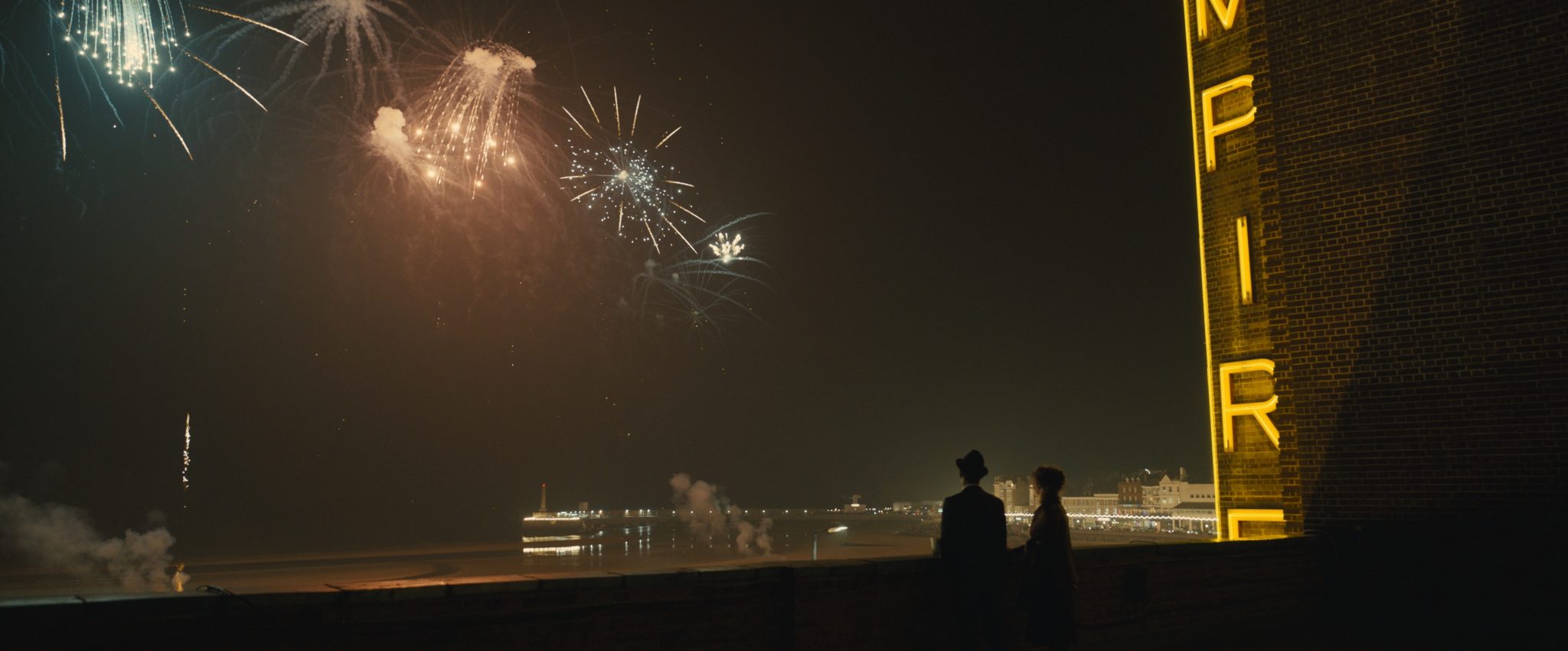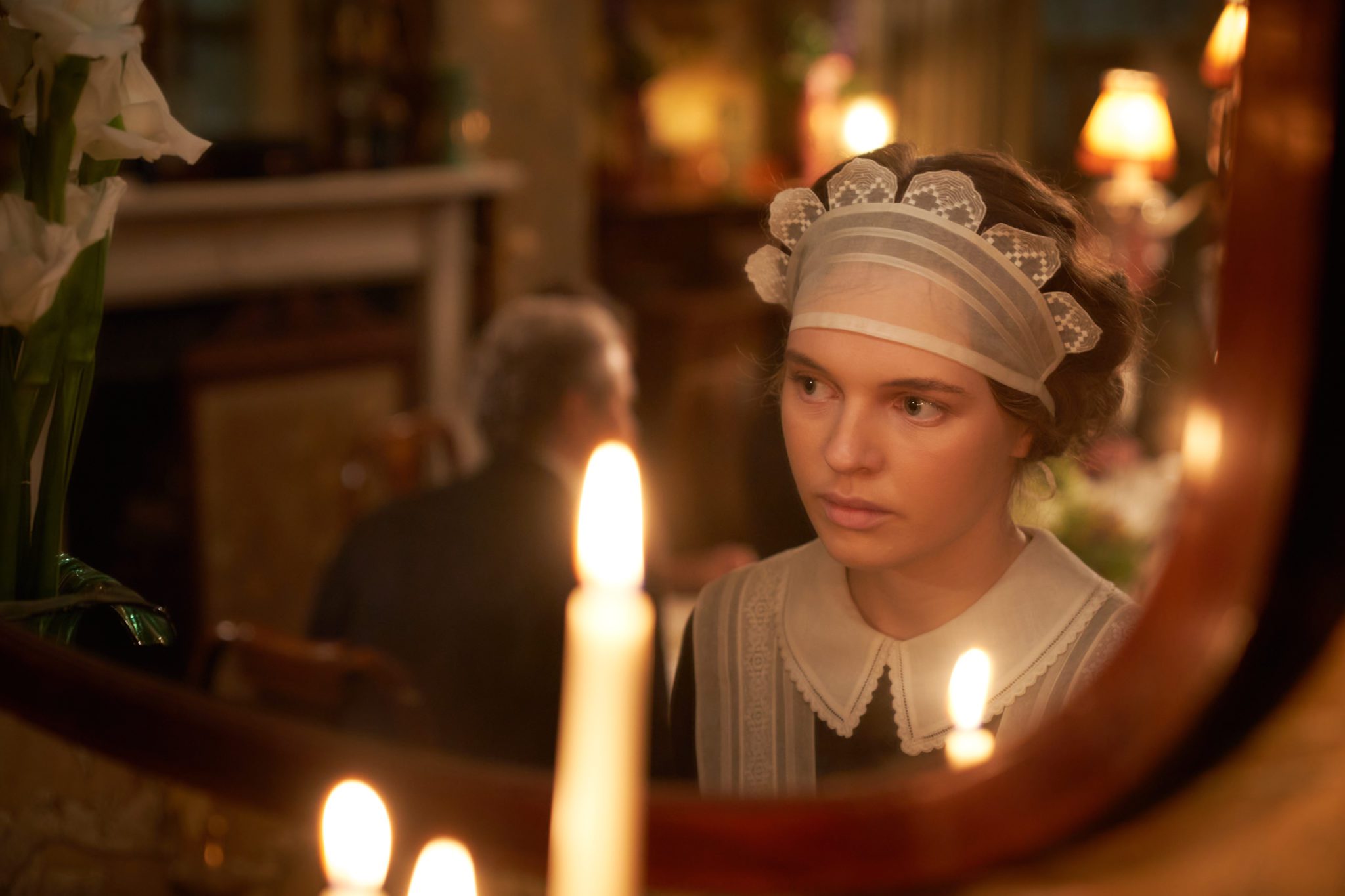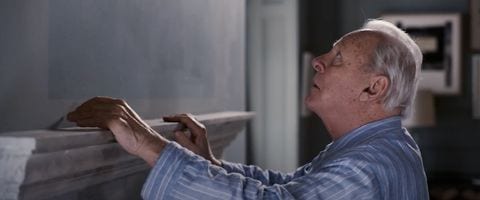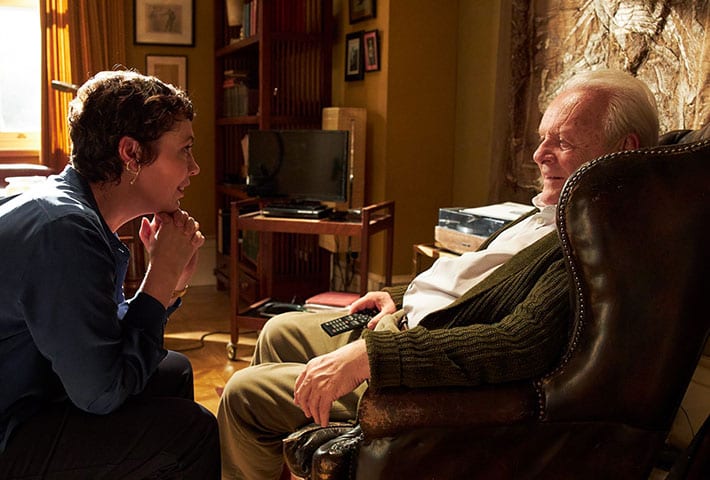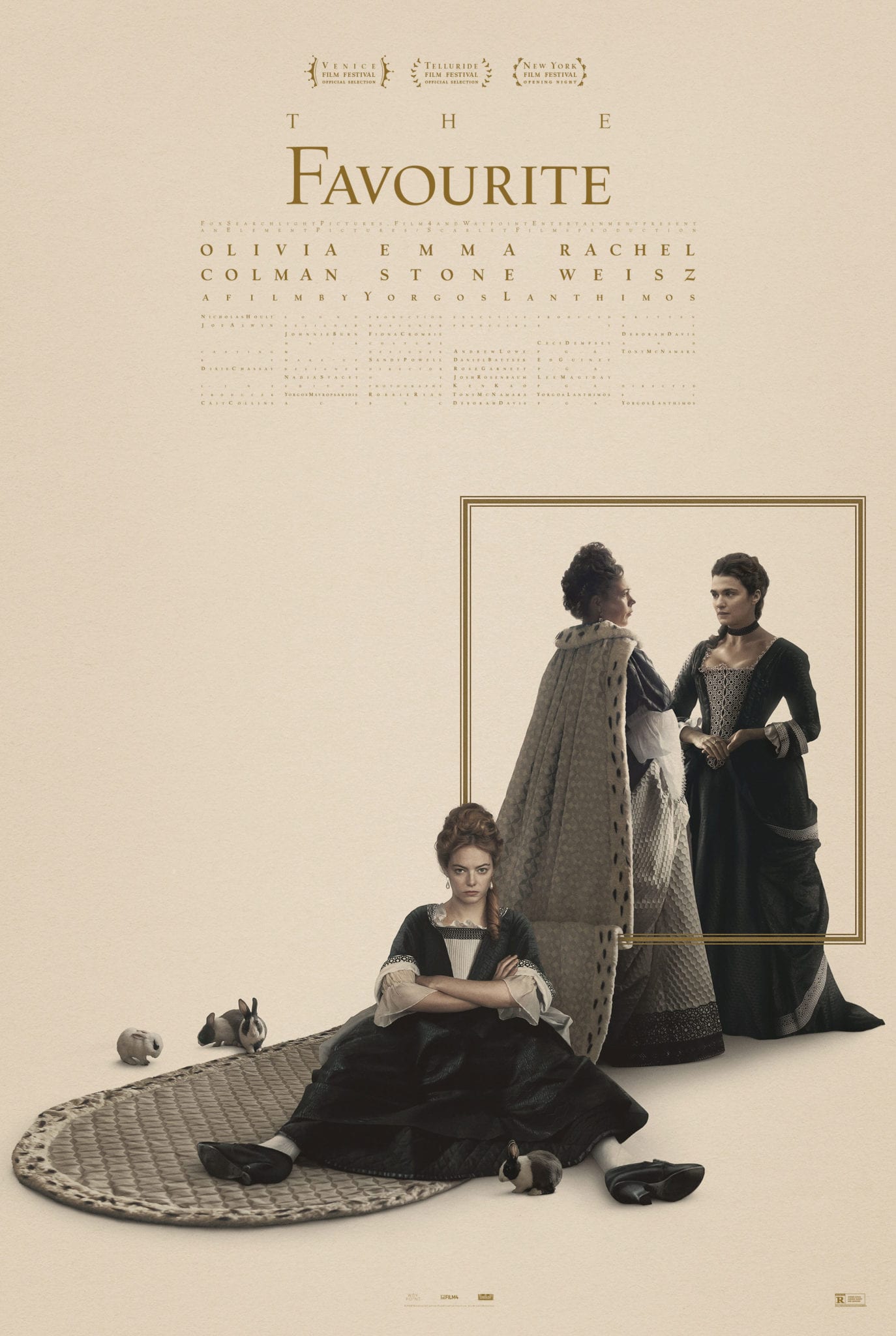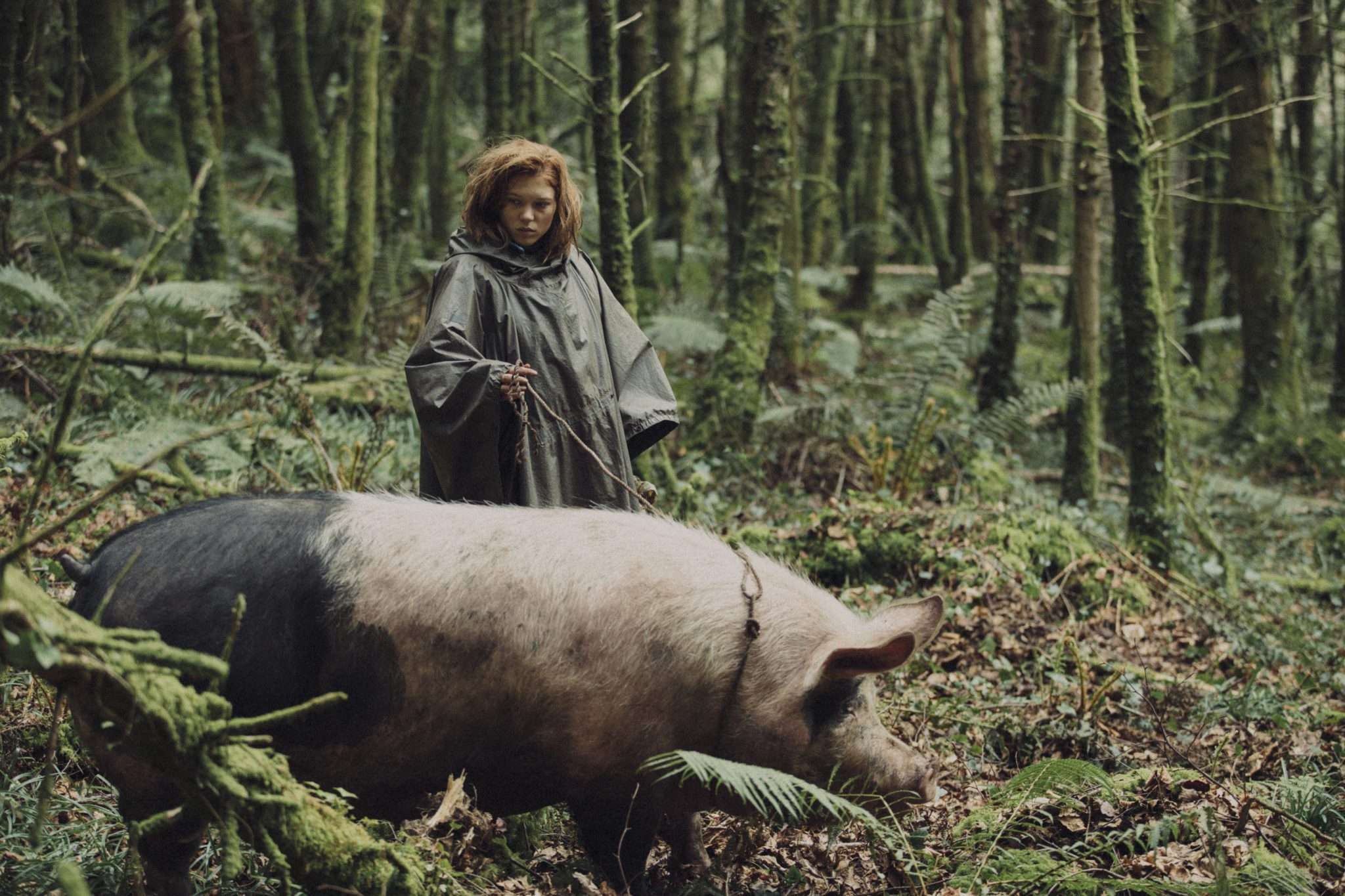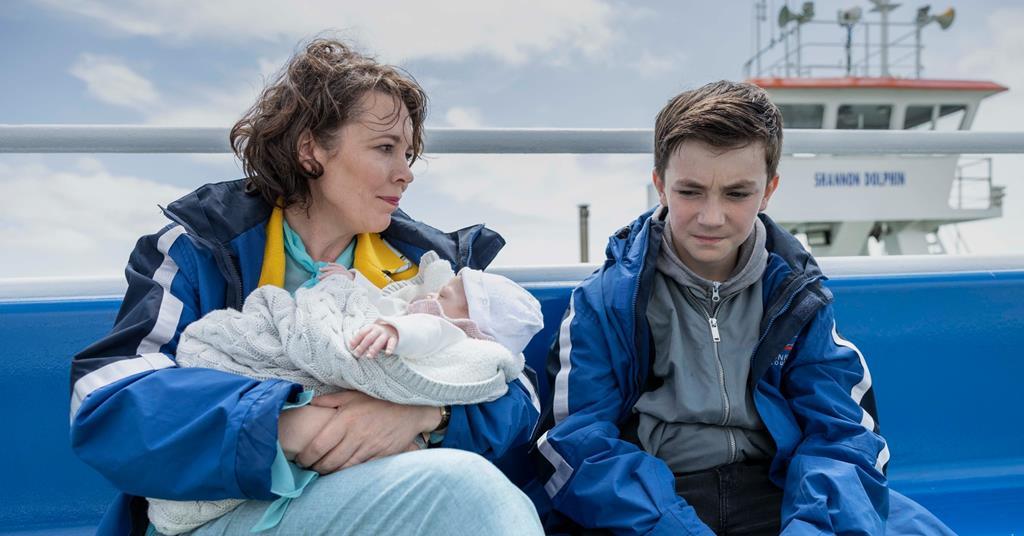
Joyride: A Family of Broken Pieces
They say the journey is more important than the destination. In?Joyride, that may actually be true. Directed by Emer Reynolds, Joyride tells the story of Joy (Olivia Colman), a struggling but headstrong mother who has devised a plan to give her baby to her sister. Then, when her taxi is inadvertently co-opted by the young and opinionated…

